Cayenne is a type of hot pepper that has been used for centuries in traditional medicine and cuisine. Known for its fiery taste and bright red color, cayenne is a popular spice that has been linked to a wide range of health benefits.
Cayenne pepper gets its name from the city of Cayenne in French Guiana, where the peppers were first cultivated. The plant is a member of the Capsicum family, which includes other hot peppers such as jalapeno, habanero, and serrano. The use of cayenne peppers dates back to ancient times, with evidence of their use found in Central and South America as early as 7000 BCE. Cayenne peppers were also used by the Aztecs and Incas, who believed that they had healing properties.
In this article, we will explore cayenne’s nutritional profile, health benefits, how to add it to your diet, and counter-indications.
Nutritional profile
Cayenne peppers are low in calories but high in nutrients, making them a great addition to any diet. A single teaspoon of cayenne pepper contains:
- 6 calories
- 1 gram of fiber
- 0.3 grams of protein
- 1% of the recommended daily intake (RDI) of vitamin A
- 2% of the RDI of vitamin E
- 2% of the RDI of vitamin C
- 2% of the RDI of iron
Health benefits
Cayenne pepper has been linked to a variety of health benefits, including:
- Pain relief: Capsaicin, the active compound in cayenne pepper, has been shown to have pain-relieving properties. It is often used topically to help alleviate pain associated with conditions such as arthritis, neuropathy, and shingles.
- Improved digestion: Cayenne pepper has been shown to stimulate the digestive system, helping to increase the production of digestive enzymes and improve nutrient absorption. It has also been linked to a reduction in symptoms of indigestion and heartburn.
- Boosted metabolism: Capsaicin has been shown to boost metabolism, which can help with weight loss. In fact, some studies have found that consuming cayenne pepper can help increase the number of calories burned throughout the day.
- Reduced inflammation: Capsaicin has been shown to have anti-inflammatory properties, which can help reduce inflammation in the body and potentially decrease the risk of chronic diseases such as heart disease and cancer.
- Improved heart health: Cayenne pepper has been linked to a reduction in blood pressure and cholesterol levels, both of which are risk factors for heart disease.
Add Cayenne Pepper to Your Diet
Cayenne pepper is a versatile spice that can be used in a variety of dishes. Here are some ideas for how to incorporate cayenne into your diet:
- Add it to soups and stews: Cayenne pepper adds a spicy kick to soups and stews. Try adding a teaspoon or two to your favorite recipe.
- Sprinkle it on roasted vegetables: Cayenne pepper pairs well with roasted vegetables like sweet potatoes, carrots, and cauliflower. Simply toss the veggies with a bit of olive oil and cayenne pepper before roasting.
- Use it to season meat: Cayenne pepper is a great seasoning for meat, especially when combined with other spices like cumin and garlic.
- Add it to dips and spreads: Cayenne pepper can be used to add flavor and heat to dips and spreads like hummus and guacamole.
- Make a spicy marinade: Mix cayenne pepper with olive oil, vinegar, and other seasonings to create a spicy marinade for chicken, fish, or tofu.
Counter indications
Cayenne pepper is generally considered safe for most people when consumed in moderation. However, it may cause some side effects in certain individuals. Here are some counter indications to be aware of:
- Gastrointestinal issues: Cayenne pepper can irritate the lining of the stomach and intestines, leading to symptoms like nausea, vomiting, and diarrhea in some people.
- Allergic reactions: Some people may be allergic to cayenne pepper, which can cause symptoms like hives, itching, and swelling.
- Interference with certain medications: Cayenne pepper may interact with certain medications, including blood thinners and medications for high blood pressure or diabetes. If you are taking medication, it is best to consult with your healthcare provider before adding cayenne pepper to your diet.
Cayenne Supplements
While cayenne pepper is widely available as a spice, it can also be found in supplement form. Cayenne pepper supplements are often marketed for weight loss and pain relief. However, it is important to note that supplements are not regulated in the same way that food and drugs are, so it is important to choose a reputable brand.
Additionally, supplements may not be appropriate for everyone. If you are pregnant, breastfeeding, or taking medication, it is best to consult with your healthcare provider before taking any supplements.
Cayenne pepper is a spicy and flavorful spice that has been used for centuries for its health benefits. It has been linked to pain relief, improved digestion, boosted metabolism, reduced inflammation, and improved heart health. Cayenne pepper can be easily added to a variety of dishes, but it is important to consume it in moderation and be aware of any counter indications. If you are considering adding cayenne pepper supplements to your diet, be sure to consult with your healthcare provider first.
Image by Jill Wellington from Pixabay
Spices
-

Flaxseeds Pack A Nutritional Punch in A Tiny Package
Flaxseeds, also known as linseeds, have gained popularity in recent years due to their impressive nutritional profile and potential health benefits. These small, brown or golden seeds come from the flax plant (Linum usitatissimum) and have been cultivated for thousands of years. Packed with essential nutrients and unique compounds, flaxseeds are a versatile ingredient that…
-

Apple Cider Vinegar Decoded – A Quick Guide
-

Turmeric – Harnessing The Power of Its Health Benefits
-

Unveiling Cumin – A Flavorful Spice with Rich Health Benefits
-

Coriander Is The Antioxidant Powerhouse For Your Diet
-

Turmeric: The Golden Spice With A Promising Health Benefits
-

Black Pepper – The Spice of Life


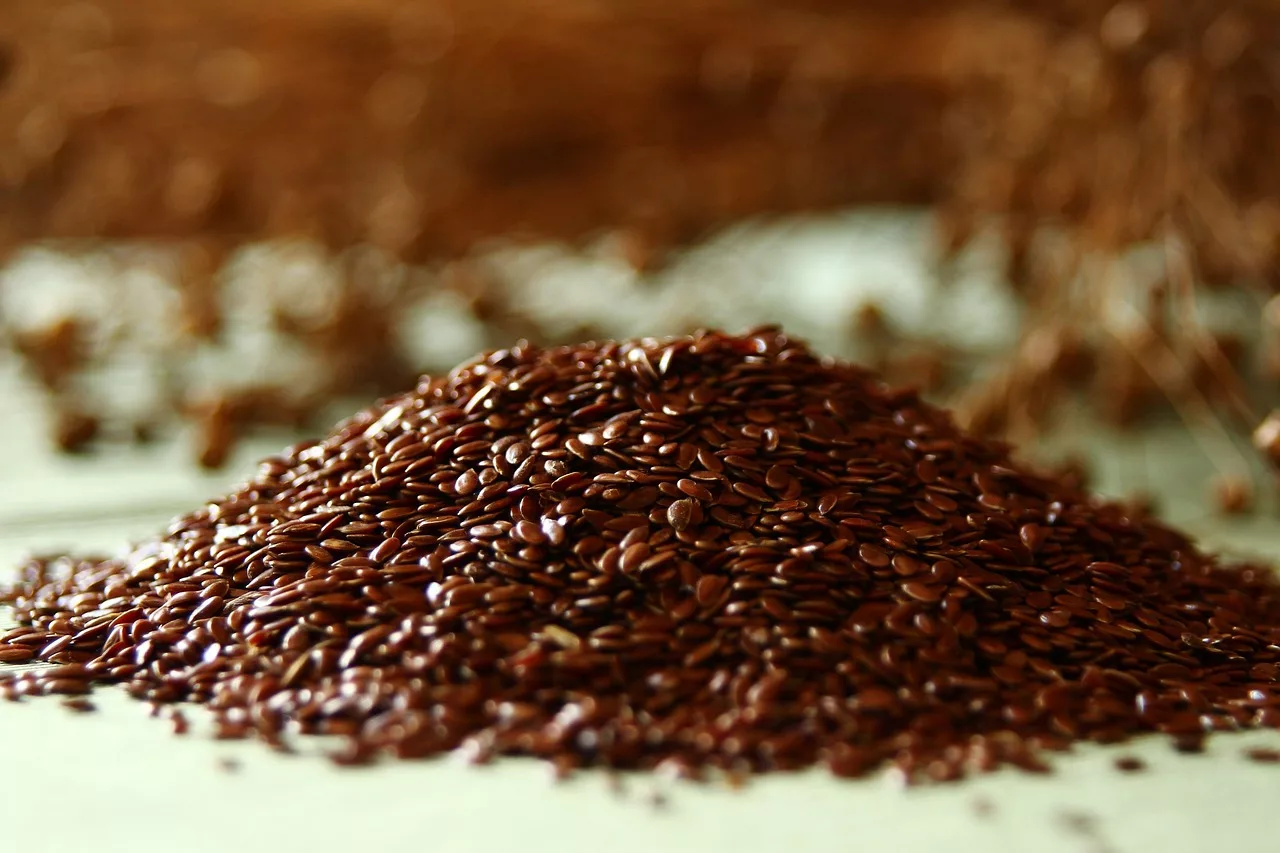

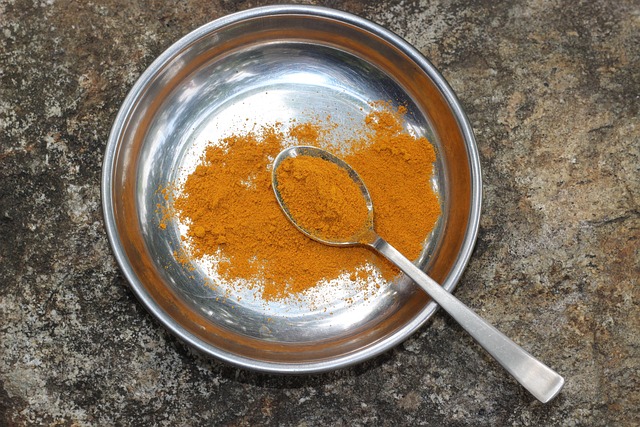
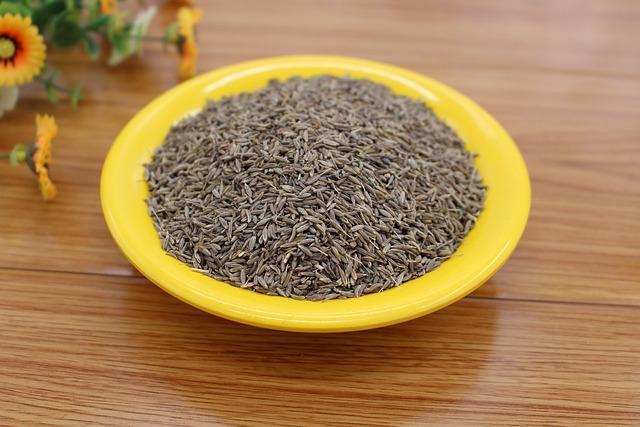

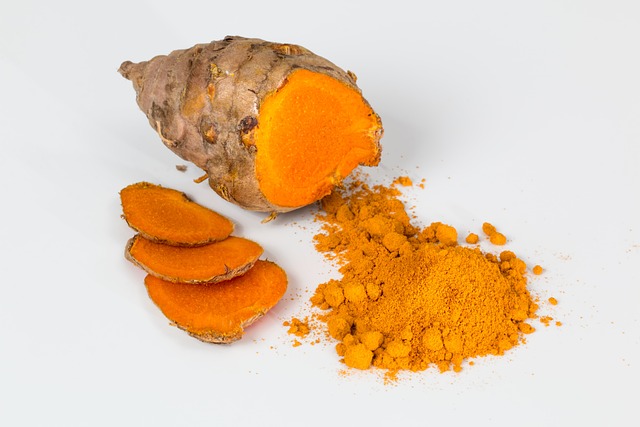
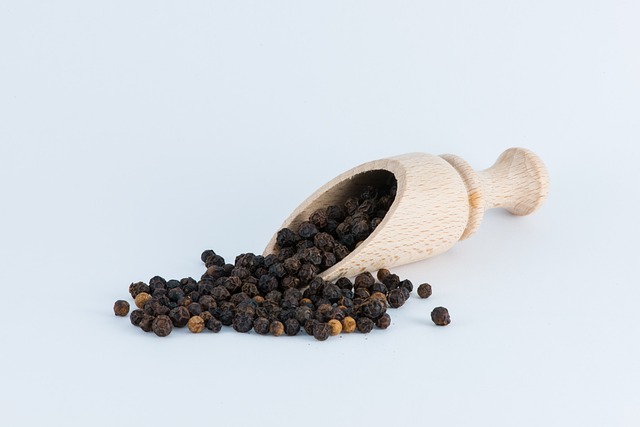
Leave a Reply